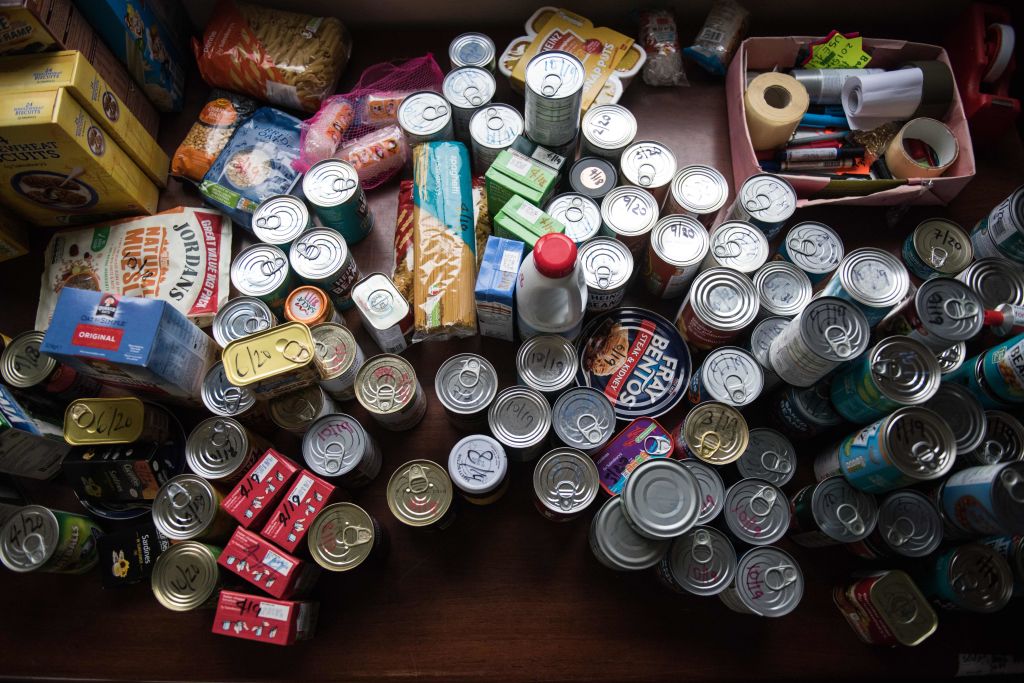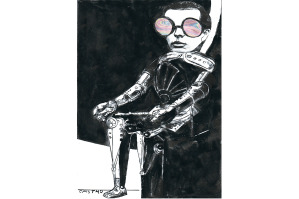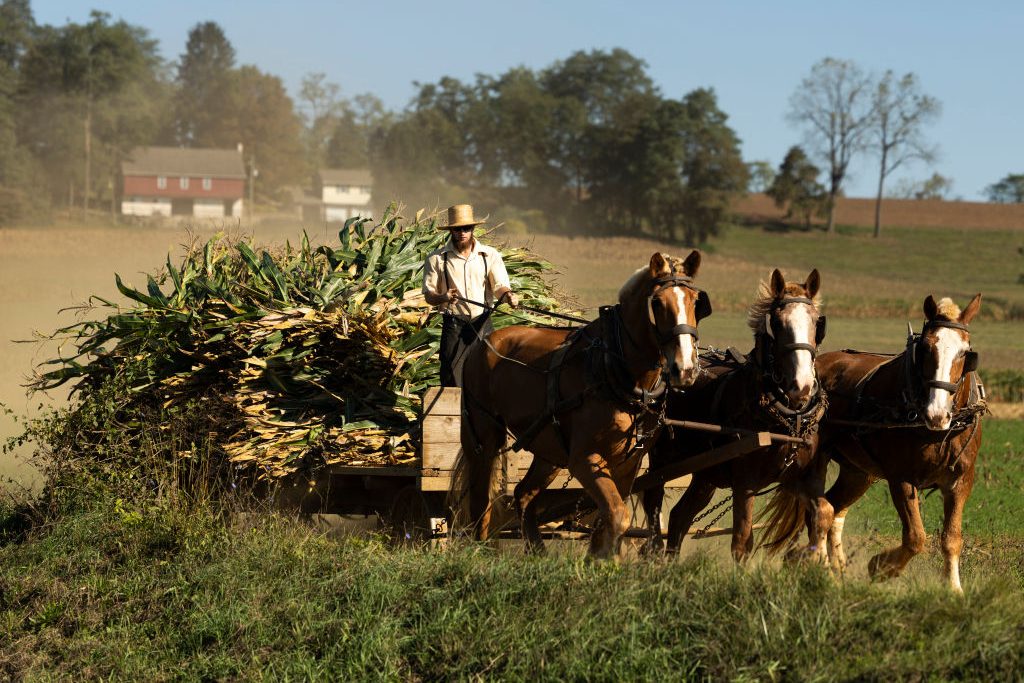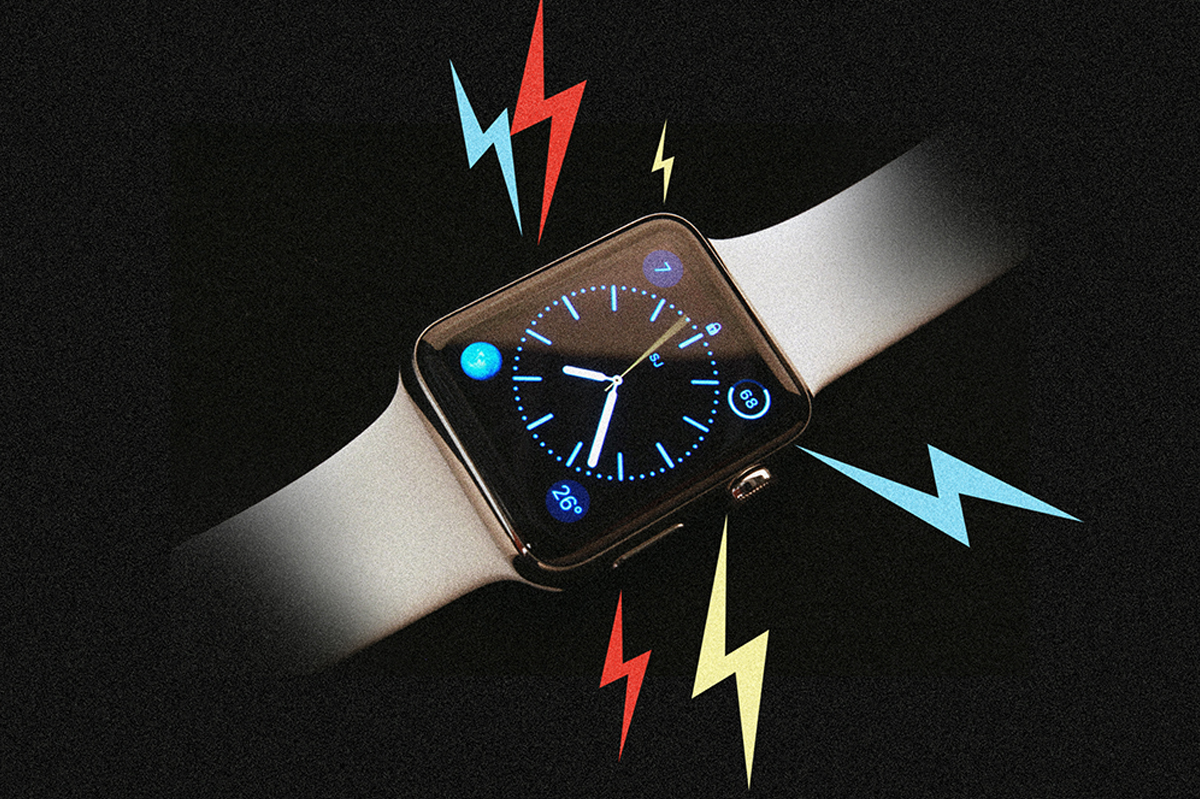Really, the Facebook outage should not have been as entertaining as it was. As Jon Stokes, the founder of Ars Technica, observes, if Facebook, with its hyper-sophisticated software and security practices, is vulnerable to sudden collapse, what does that say about energy infrastructure run on ‘old Windows installs’? The potential for far greater carnage is tremendous.
But it was entertaining, and I think what it made so was the fact that the damage was so comprehensive that security systems in the Facebook offices crashed and its employees could not enter the building to fix the problem. Here were some of the smartest people in the world and they could not get through a door. You can imagine the coffee cooling in their paper cups.
Younger days of the pandemic raised thoughts of a world imperiously mediated by technology. Who even needed offices when we had Skype, Zoom, WhatsApp, et cetera? Yet all it took was a ‘faulty configuration change’ and WhatsApp crashed along with Facebook and Instagram.
This peculiar occasion reminds us of the value of material possessions — and I emphasize material, as in ‘existing in a material form’. The Facebook outage offers us a chance to reflect that a lot of the photos, videos, songs, texts, and so on that we take to be our own depend on other people’s software to be accessed and to exist. If an app disappears, one can lose everything.
To be sure, physical objects need not be more resilient than data. Facebook reappeared with all of its users’ content after that configuration change had driven it offline whereas a lit match lazily dispensed with inside an art gallery could lead to devastation from which only ash emerges. Still, it is worthwhile to have a physical alternative of your favorite photographs or texts – a back-up you can hold, which no configuration change can reach.
This was one of several small but suggestive incidents which have illustrated how the software and infrastructure that sustains our lives is less strong than we imagined. All the intricate systems that thread through our societies like pipes and beams through buildings have been shaken. There was the Texas power crisis in February, which reportedly left the Lone Star State within four minutes of a total grid collapse. There are the resource shortages caused by, according to an informative report from Axios, ‘pandemic restrictions, labor shortages and record-high prices for Chinese shipping containers.’ Hell, one could even mention the Suez Canal blockage, which, though hilarious, held up $9 billion in global trade per day.
Of course, these problems are not inevitable facts of life. Pandemic restrictions should be lifted, with the International Chamber of Shipping rightly demanding ‘an end to the fragmented travel rules and restrictions that have severely impacted the global supply chain and put at risk the health and wellbeing of our international transport workforce.’ A nation like the US should not be so pathetically dependent on imports from China. A ship blocking the Suez Canal, meanwhile, was a freak event — and barring an unprecedented increase in alcoholism among the crews of cargo ships, it will remain so. These things being out of our hands, my thoughts turn to those widely mocked enthusiasts, the preppers.
Granted, some advocates of hoarding canned beans and building a makeshift nuclear bunker in your basement are bananas — either paranoiacs, misanthropes who take quiet pleasure in the thought of being safe and warm while their neighbors freeze to death or kill and eat each other, or both. But the broad premises of the phenomenon make an uncomfortable amount of sense: keeping a cupboard full of food before you have to fill the thing, having some sort of independence from your energy suppliers, and having basic knowledge of emergency procedures, from medicine to self-defense.
I do not believe that some sort of collapse is imminent. (Though it is always tempting for opinion commentators to suggest as much, because if they are wrong no one remembers and if they are right they look like fantastic geniuses.) But the Scout Motto is ‘Be Prepared’ not because a Scout expects to be stuck in a bear-stalked forest without food and water but because even a small risk justifies preparedness. Sure, in all likelihood a campfire will end with a nice sing-song, but why not make sure you have some agency if disaster strikes?
When you think of preppers, you might imagine bug-eyed Alex Jones addicts raving about nuclear war with China. The authors at the website ‘The Preparedness’ are more sober than that, observing how survivalist techniques can come in use not just amid civilizational crises but after everything from power cuts to sudden layoffs. ‘The whole point of prepping,’ their introduction tells us, ‘is to reduce the chances of major life disruptions and to better recover from disruptions when they do happen. That’s it!’
The danger of this kind of thought is becoming morbid. Spend too much time thinking about what to put in your ‘bug out bag’ — a collection of emergency supplies you can take with you if you have to leave your home — and you could be so focused on avoiding death that you forget to live, like the sort of dieter who analyzes every ingredient in their meals and promptly drops dead from a stress-induced heart attack.
But perhaps being prepared can help teach us how to live. Agency is still an important word. Technology has given us considerable freedom but we have also ceded considerable power and responsibility. Amid my own amusement when Facebook crashed I had to reflect that if the website somehow disappeared some of my favorite photographs would be lost forever – and, without them, memories would lose richness and detail. When I hear about unstable supply chains, meanwhile, I feel rather vulnerable and pathetic as the sort of man who, waking up to find an empty fridge, buys breakfast en route to work.
No one can be ready for anything, life is too complex, but we can still prepare. Tangible objects and skills will always have a place.

























